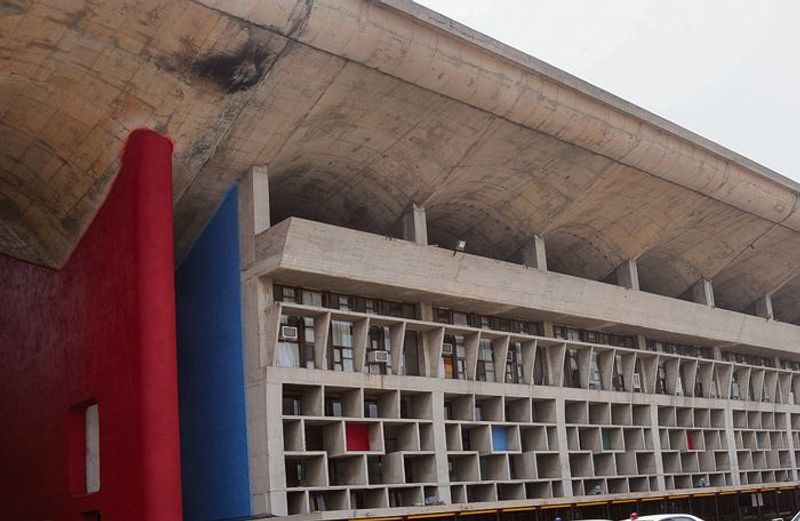The Punjab and Haryana High Court has ruled that the court can examine whether the principles of fairness and transparency have been followed in disputes involved the allotment of public property, even though Haryana Employees Welfare Organisation (HEWO) is a society registered under the Societies Registration Act
The Bench of Justice Sureshwar Thakur and Justice Vikas Suri ruled that the disputes concerning its rules, objectives, or bye-laws were ordinarily to be resolved through arbitration under the Haryana Registration and Regulation of Societies Act, 2012. But the High Court could still step in since the matter involved the allotment of public property. It was, as such, was empowered to exercise its writ jurisdiction to examine whether transparency, fairness, and reasonableness were followed in the allotment process.
The ruling came on a plea seeking the quashing of the allotment and regularisation of Super Deluxe flats in a HEWO housing scheme to two senior officials, including its then Managing Director, on the ground that they were ineligible under the prescribed rules.
The petitioner, Dinesh Kumar, claimed that the flat was allotted on a preferential basis to respondent-Managing Director of HEWO even though he had not completed the required six months on deputation. It was later allotted to another official ineligible due to a lower pay level. Among other things, the petitioner alleged favouritism and irregularities, particularly the decision to regularise the allotments despite clear ineligibility.
The State and other respondents, on the other hand, contended that the petitioner was having “appropriate and efficacious remedy” of challenging a resolution in the matter before the Registrar of Societies. But the remedy was not availed by the petitioner.
The Bench, however, was of the view that there was no procedural impropriety or mala fide. It noted that the flat in question had become available only after surrender by a previous allottee, and its re-allotment was transparent and in accordance with amended rules that allowed preference to governing body members. It added that no preferential treatment had been established.
The Bench further held that the petitioner had participated in the draw but remained unsuccessful. He could not now turn around and question the very process he had willingly accepted.










